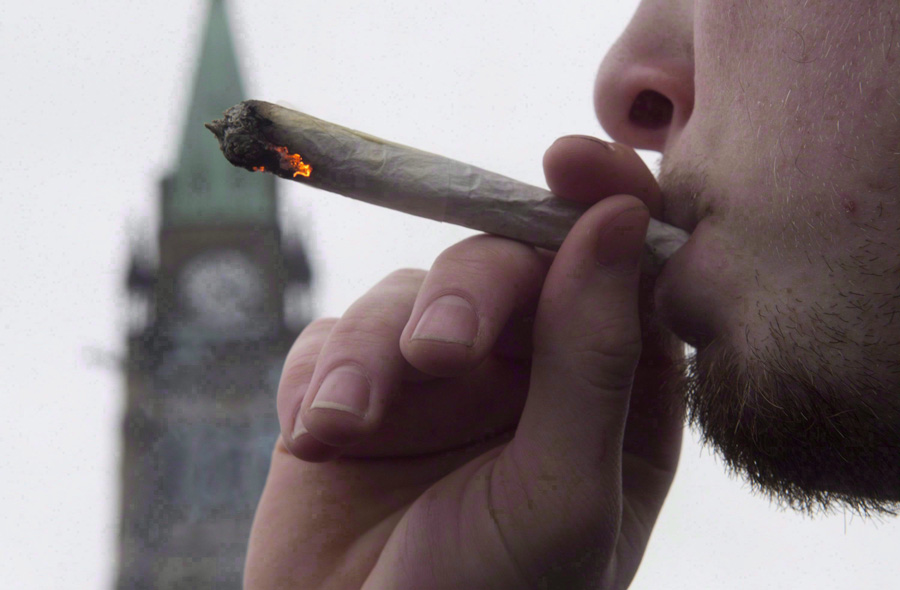Canada’s prohibition approach to marijuana is coming to an end in October — but some concerns have been raised about increasing numbers of impaired drivers taking to the roads when the drug is legal.

A survey from Statistics Canada shows 14 per cent of Canadians who use cannabis have got behind the wheel within two hours of toking up.
Another five per cent said they’ve got into a car where the driver had recently used pot.
“What is interesting is that degree of activity is already taking place,” Public Safety Minister Ralph Goodale said Thursday morning in Winnipeg. “So those who think that this issue is going to come up only on Oct. 17 need to think again.”
“The problem exists right now.”
READ MORE: Nearly 15% of cannabis users have driven within 2 hours of using: StatsCan
Police forces across the country are receiving extra training to help deal with stoned drivers, and Canada’s impaired driving laws are being updated to include cannabis-related offences. Drivers caught behind the wheel with drugs in their system will soon face some of the strictest penalties for impaired driving in the world.
“It will take us probably a couple of years to train to the level that’s required,” Winnipeg Police Chief Danny Smyth said.
“The more alarming thing or the more concerning thing for me is we don’t have a roadside device yet. So even with training, everything leads back to obtaining some kind of bodily sample — with alcohol, it’s a breath sample so it’s not very invasive. With drugs, it tends to be a blood sample or a urine sample so it’s more invasive.”
“We haven’t really figured out a smooth protocol on that yet.”
Smyth said the federal government is working on getting a device ready for police, but he hasn’t received an exact date for its release. Minister Goodale indicated that the device would be made available some time later this year, but did not confirm it would be ready in time for legalization.
“We’ll learn to adapt with drug-impaired driving, but even our alcohol-impaired driving, our numbers aren’t huge — I think it was somewhere in the neighbourhood of 400 last year,” Smyth said. “I’m not expecting to see 400 drug-impaired driving in the first year.”
READ MORE: With 10 weeks to go till legalization, Ontario doesn’t appear to have ordered any pot
“For alcohol, you can have a little bit of alcohol and sort of know when your limits are,” Smyth continued.
“I think for a lot of people, they may not know what the impact of drugs are. And can you be a little bit stoned? I’m not sure. These are things we’re going to learn as a society.”
“The other thing — we don’t know how long the drug stays in your system. So that’s been the challenge of trying to find a device that accurately measures impairment.”
Smyth said it’s hard to predict the costs associated with legalization, but he doesn’t anticipate funds required for policing will make up the bulk of the total.
WATCH: Winnipeg police say legalized pot won’t deter drug dealers









Comments